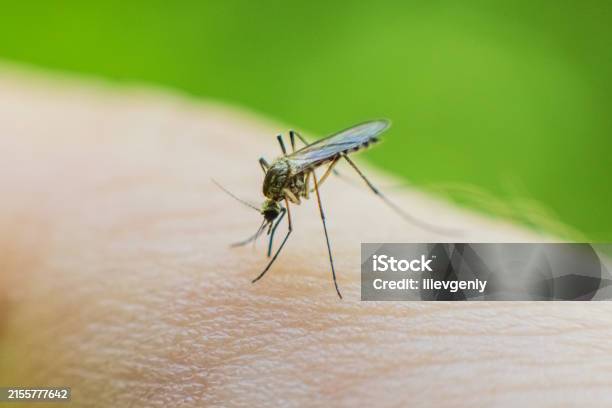
Mosquito.
Adelekan Oluwaseun Ojo
Malaria is a life-threatening disease caused Plasmodium parasites, which are transmitted to humans through the bites of infected female Anopheles mosquitoes. Despite significant advancements in prevention and treatment, malaria remains a major public health issue, particularly in tropical and subtropical regions.
Causes and Transmission
Malaria is caused by five Plasmodium species, with Plasmodium falciparum and Plasmodium vivax being the most prevalent. P. falciparum is the most dangerous and accounts for the majority of malaria-related deaths. The disease spreads when an infected mosquito bites a person, injecting the parasite into the bloodstream. The parasite then travels to the liver, where it multiplies before re-entering the bloodstream to infect red blood cells.
Symptoms of Malaria
The symptoms of malaria usually appear 10–15 days after a mosquito bite. Common symptoms include:
Fever
Chills
Sweats
Headaches
Nausea and vomiting
Muscle pain and fatigue
In severe cases, malaria can cause complications such as anemia, organ failure, cerebral malaria, and even death, particularly in young children and pregnant women.
Global Impact
According to the World Health Organization (WHO), malaria caused over 247 million cases and approximately 619,000 deaths globally in 2021. Sub-Saharan Africa bears the highest burden, with the majority of cases and deaths occurring in children under five years old. However, malaria also affects parts of South Asia, Southeast Asia, and Latin America.
Prevention Strategies
Efforts to prevent malaria focus on controlling the mosquito population and protecting individuals from mosquito bites:
A. Insecticide-treated mosquito nets (ITNs): Sleeping under ITNs can reduce malaria transmission significantly.
B. Indoor residual spraying (IRS): Spraying insecticides inside homes helps kill mosquitoes.
C. Preventive medications: Chemoprophylaxis is recommended for travelers to malaria-endemic regions and pregnant women in affected areas.
D. Environmental management: Reducing stagnant water sources can limit mosquito breeding.
Diagnosis and Treatment
Malaria is diagnosed through blood tests that detect the parasite. Rapid diagnostic tests (RDTs) and microscopy are commonly used. Once diagnosed, malaria is treated with antimalarial medications, such as artemisinin-based combination therapies (ACTs), which are highly effective against P. falciparum. Early diagnosis and prompt treatment are critical to prevent severe complications and reduce transmission.
Challenges in Malaria Control
Despite advancements, malaria control faces several challenges:
1.Drug resistance: Resistance to antimalarial drugs, particularly in P. falciparum, threatens treatment effectiveness.
2.Insecticide resistance: Mosquitoes are developing resistance to common insecticides.
3.Limited access to healthcare: Many affected populations lack access to diagnostic and treatment services.
Future Directions
The global fight against malaria is focused on achieving eradication. Promising developments include:
Vaccines: The RTS,S/AS01 vaccine, also known as Mosquirix, has shown moderate efficacy and is being rolled out in high-burden areas.
Gene editing: Techniques like CRISPR are being explored to modify mosquitoes to reduce their ability to spread malaria.
Innovative treatments: Research continues into new drugs to combat drug-resistant strains.
Malaria remains a significant global health challenge, but with sustained efforts in prevention, diagnosis, treatment, and innovation, the world can move closer to eliminating this disease. Collaborative global initiatives, increased funding, and public awareness are essential to achieving this goal.
If you or someone you know is traveling to a malaria-endemic area, consult a healthcare provider for preventive measures and stay informed about the latest guidelines.
………………… Adelekan Oluwaseun Ojo, is a counseling psychologist, and a business & health consultant with Jigsimur Zdex Int’l, a company which is into the production and distribution of Jigsimur herbal health drink, a natural curative and preventive herbal medicine from South Africa.
For personal consultation, you can contact us on 07089225319 or 08035122399




